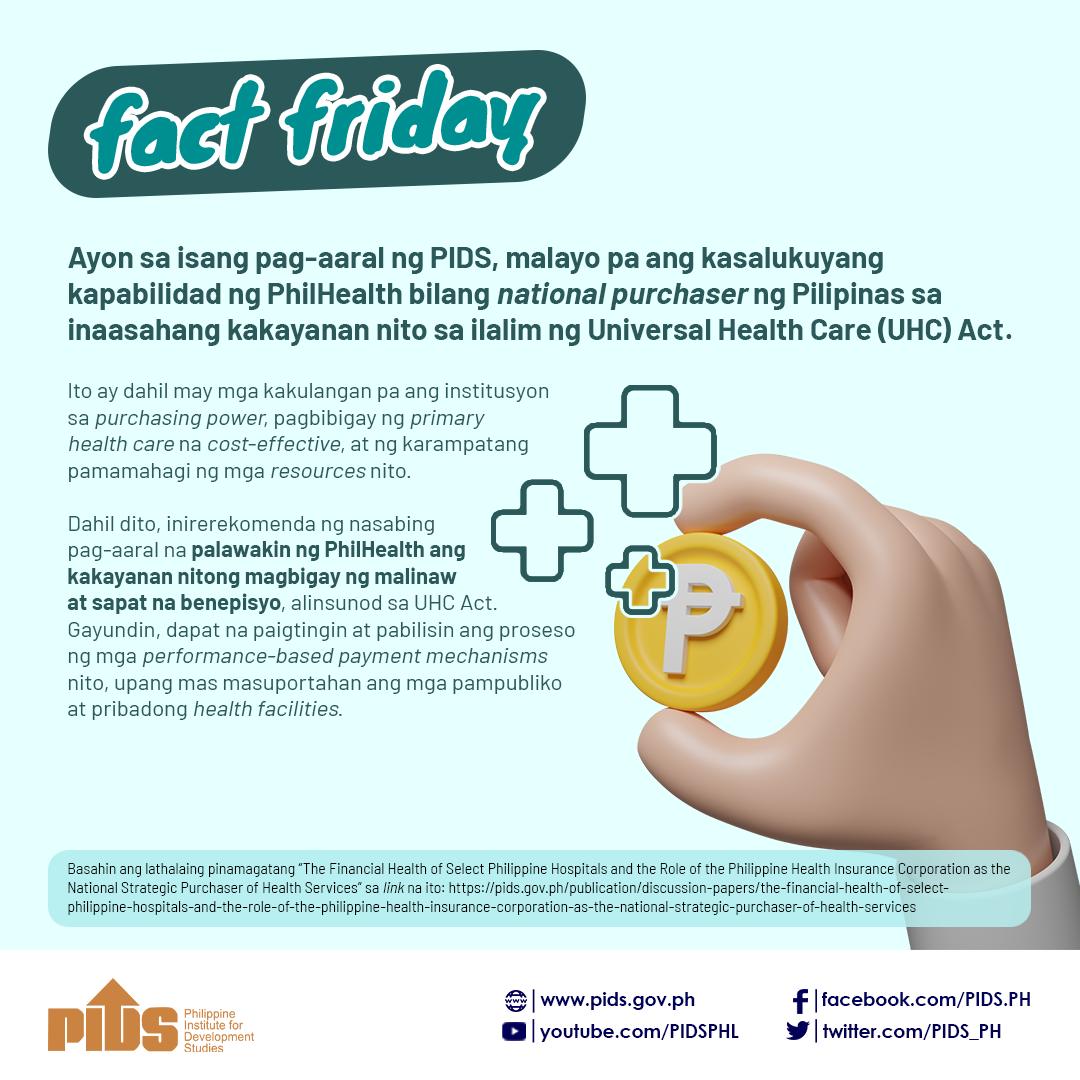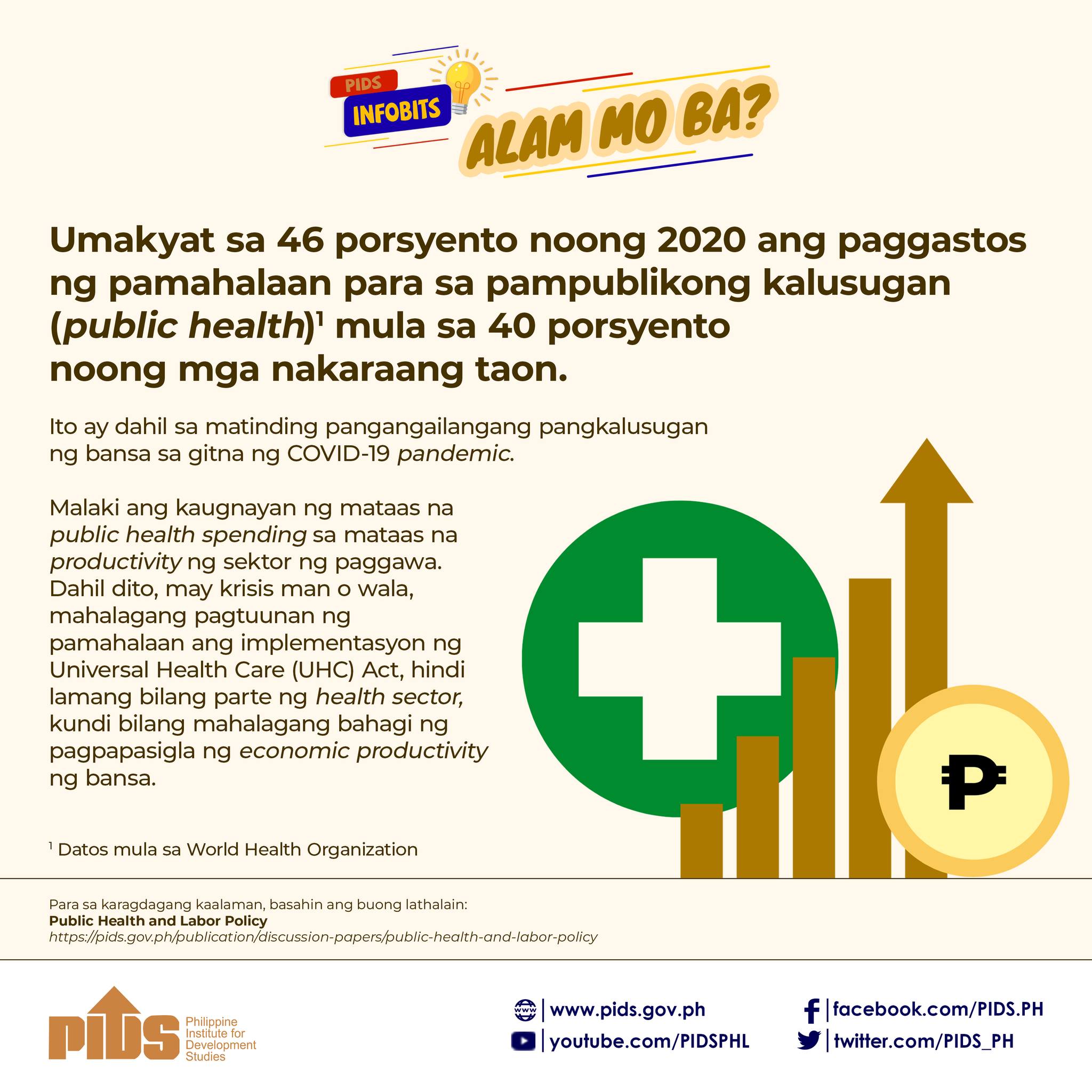IT HAS been 25 years since the passage of the Generic Drugs Act and five years since the Cheaper Medicines Act, but majority of Filipinos, particularly the poor, have not fully taken advantage of the laws benefits.
Separate evaluations of the Generics Act of 1988 (Republic Act 6675) and the Cheaper Medicines Act of 2008 (Republic Act 9502) by state think tank Philippine Institute for Development Studies (Pids) and the Department of Health (DOH) confirmed that low consumer awareness was among the reasons for the low take-up. This is compounded by the perception that generics are of poorer quality compared with branded medicines.
The Cheaper Medicines Act is intended to achieve universally accessible, cheaper, and quality medicines by pursuing an effective competition policy in the pharmaceutical sector. Under the law, an executive order was issued imposing maximum retail prices on a number of drugs.
The Generics Act, meanwhile, aims to promote, require, and ensure the production, adequate supply, distribution, use, and acceptance of drugs and medicines identified by their generic names.
The Pids-DOH study titled "The Impact of the Cheaper Medicines Act on Households in Metro Manila" found there was low awareness of the law, and while many people were aware of the Generics Act, most respondents thought the Cheaper Medicines Act covered mainly generic medicines.
Adoracion Fausto, one of the authors, said during a forum co-organized by Pids and DOH last February 13, that although the increase in the number of generic drugstores and the use of celebrity endorsers like Vilma Santos and Susan Roces had helped improve the image and acceptability of generic medicines, a more integrated communication campaign by the DOH was needed to promote the benefits of the two laws.
The study found that government physicians have a positive influence on the use of generics because they are required by law to write prescriptions using generic names. However, private physicians, who have an option to write in brand names in addition to generic names, seem to contribute to the generic medicines’ image of poor quality, especially among higher social classes.
"It is important to study physicians’ behavior because whatever the doctors say, the patients will follow. In doing so we can develop ways on how to mobilize them and make them advocates of the Cheaper Medicines Act," Fausto said.
To correct consumer perception on the quality of generic drugs, the study said information on why and how drug prices were reduced should be provided by the Food and Drug Administration (FDA), to address quality and efficacy issues.
In response, FDA acting director-general Kenneth Hartigan Go said the agency was already implementing several reforms to address not just perception but also real problems. These reforms include strengthening FDA’s capacity through recruitment of qualified personnel, so it can expand the scope of its work.
"For example, FDA should be able to do foreign compliance [with] current good manufacturing practices inspection. This way, the FDA can determine where the drugs came from and whether the factory [complied with] current good manufacturing practice," Go stated.












